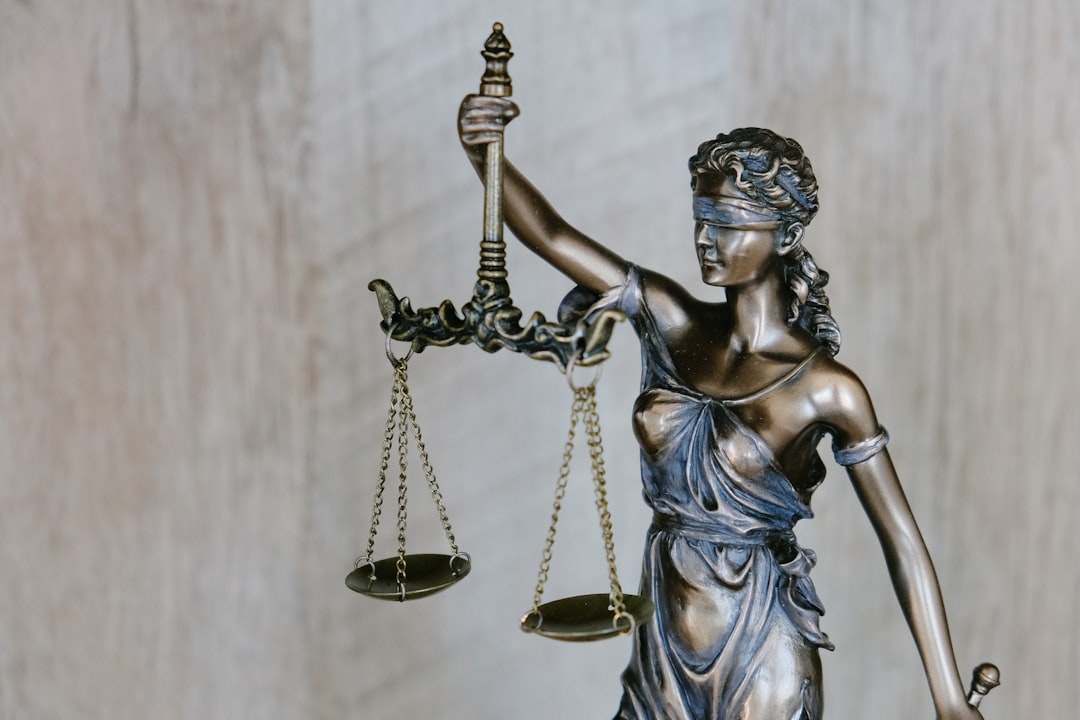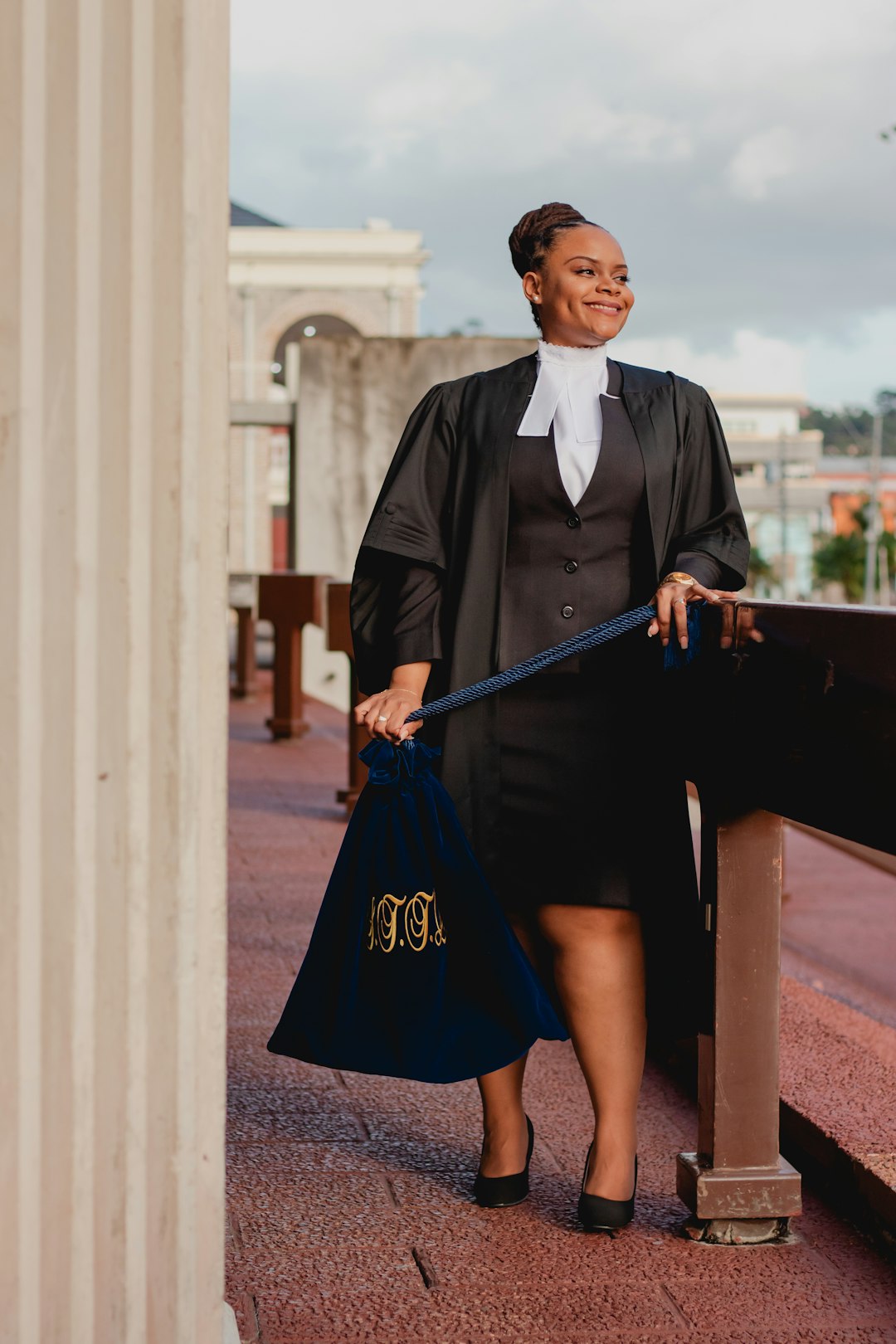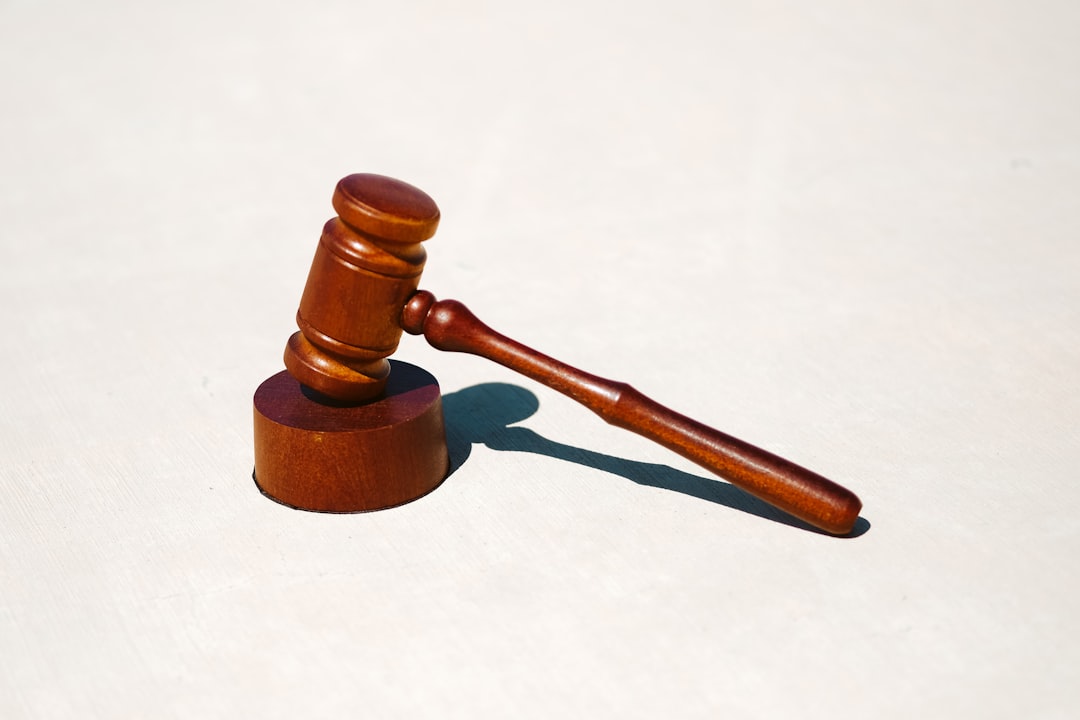Faith-based organizations in South Carolina play a vital role in supporting sexual assault survivors by offering tailored resources, counseling, safe spaces, and spiritual healing. They collaborate with sexual abuse lawyers to ensure survivor rights are protected, influence public perception, and foster cultural prevention and accountability. This multi-faceted approach combines emotional support, practical assistance, and legal aid for long-term recovery and well-being of survivors.
The impact of sexual abuse extends far beyond the initial trauma, affecting survivors’ lives for years to come. In South Carolina, where legal advocacy plays a crucial role in holding perpetrators accountable, faith communities emerge as vital support systems for those affected by this devastating crime. This article delves into the significant contribution of these communities, providing solace and guidance to survivors navigating complex legal processes with the assistance of dedicated sexual abuse lawyers in South Carolina. By exploring their unique resources and networks, we uncover how faith-based organizations foster healing, empower survivors, and advocate for justice within their communities.
Understanding the Impact: Sexual Abuse in South Carolina Communities

The impact of sexual abuse within South Carolina communities is a profound and complex issue, demanding a comprehensive understanding from all sectors, including faith organizations. According to recent reports by local authorities, South Carolina has seen a steady rise in reported cases of sexual assault, with many survivors facing significant challenges in accessing adequate support systems. This crisis highlights the critical role that faith communities can play in providing solace, healing, and advocacy for those affected.
Faith-based organizations have a unique opportunity to bridge the gap between victims and essential resources. Many religious groups in South Carolina operate support networks, counseling services, and safe spaces tailored to address sexual abuse survivors’ psychological and spiritual needs. These initiatives often involve trained volunteers and clergy who can offer empathy, guidance, and practical assistance. For instance, local churches have launched post-trauma recovery programs, providing a sense of community and empowerment to individuals navigating the aftermath of sexual violence. Such efforts are crucial in breaking down the stigma associated with reporting abuse and encouraging survivors to seek help.
However, the impact extends beyond immediate support. Faith communities can also influence public perception and policy by raising awareness through educational campaigns and advocacy. Collaborating with local legal professionals, including sexual abuse lawyers South Carolina, faith leaders can ensure that survivors are aware of their rights and available legal options. This collaborative approach not only empowers individuals to pursue justice but also contributes to a broader cultural shift in how society addresses sexual abuse, fostering an environment where prevention and accountability are prioritized.
The Role of Faith Leaders: Supporting Survivors with Compassion

Faith communities play a pivotal role in supporting survivors of sexual abuse in South Carolina, offering not just spiritual guidance but also crucial emotional and practical assistance. Faith leaders, equipped with empathy and understanding, serve as vital connectors between survivors and essential resources, including legal aid from sexual abuse lawyers in South Carolina. They provide safe spaces for healing, facilitating support groups that foster community and encourage open dialogue about a topic often shrouded in stigma.
These leaders offer specialized training to enhance their ability to assist survivors effectively. This includes learning to recognize the signs of abuse, understanding the legal process, and developing skills in trauma-informed care. By integrating these insights into their ministries, they can better identify victims and connect them with appropriate support, including legal representation from sexual abuse lawyers who specialize in this area. For instance, a study by the South Carolina Coalition Against Sexual Assault revealed that over 70% of survivors sought emotional or spiritual support from their faith communities, highlighting the essential role these institutions play in recovery.
Practical assistance extends beyond immediate aid. Faith leaders can help survivors navigate the legal system by providing information about their rights and available resources, including pro bono services from sexual abuse lawyers. They offer transportation to court hearings, child care during legal proceedings, and emotional support throughout the often-traumatizing process. This holistic approach, combining spiritual nurturing with practical legal assistance, significantly contributes to the long-term healing and well-being of survivors in South Carolina.
Legal Assistance: Sexual Abuse Lawyer South Carolina Navigates Justice

Faith communities play a pivotal role in supporting survivors of sexual abuse, offering not just emotional solace but also practical assistance in navigating the legal system. In South Carolina, where there has been a growing recognition of the prevalence of sexual violence, these communities have partnered with legal professionals, including sexual abuse lawyers South Carolina, to ensure that victims receive comprehensive support. Legal assistance is a critical component of this effort, as it empowers survivors to seek justice and heal from their traumatic experiences.
Sexual abuse lawyers in South Carolina are well-versed in the complexities of state laws pertaining to sexual violence, enabling them to guide survivors through the legal process with sensitivity and expertise. They help victims understand their rights, file civil lawsuits against perpetrators or institutions responsible, and navigate criminal proceedings. This support is crucial because many survivors face significant barriers, such as fear, shame, and financial constraints, which can deter them from pursuing justice. By providing legal representation, these lawyers not only offer a sense of security but also ensure that survivors’ voices are heard and their rights protected.
For instance, a sexual abuse lawyer South Carolina might assist in gathering evidence, interviewing witnesses, and constructing a compelling case to hold perpetrators accountable. They can also help negotiate settlements or represent clients in court trials. Furthermore, these legal professionals often collaborate with local faith organizations to refer survivors for specialized care, counseling, and support services, creating a holistic approach to healing. This partnership between legal experts and faith communities is transforming the landscape of sexual abuse cases in South Carolina, offering survivors a network of support that empowers them to take control of their recovery and justice journey.
Creating Safe Spaces: Faith-Based Support Groups for Healing

Faith communities play a vital role in supporting survivors of sexual abuse, offering safe spaces for healing and recovery. In South Carolina, where the impact of such traumas can be profound, faith-based support groups have emerged as powerful tools to empower individuals who have experienced sexual violence. These groups provide a unique environment, often characterized by compassion and understanding, allowing survivors to reconnect with their spiritual selves and find solace.
Creating safe spaces within places of worship or community centers affiliated with religious organizations offers several benefits. Firstly, it provides a sense of familiarity and comfort, especially for those who may feel intimidated by the legal system or struggle with stigma. A sexual abuse lawyer in South Carolina often emphasizes the importance of such support networks, as many survivors find strength in shared experiences and empathy within these groups. These spaces foster open dialogue, encouraging individuals to share their stories without fear of judgment, which is a critical step towards healing. For instance, Catholic Charities in South Carolina has implemented specialized programs that facilitate peer support among survivors, fostering a sense of community and resilience.
Additionally, faith-based support groups can provide structured programs tailored to the unique needs of sexual abuse survivors. These programs may include counseling sessions, workshops on trauma recovery, or spiritual retreats focused on forgiveness and reconciliation. The integration of spiritual practices has shown effectiveness in helping individuals process their experiences and find peace. For example, some Protestant churches in South Carolina organize “Healing Retreats” that combine prayer, meditation, and group discussions to support survivors’ emotional well-being. By combining religious principles with therapeutic techniques, these groups offer comprehensive care, addressing the physical, emotional, and spiritual dimensions of healing.
Empowering Survivors: Long-Term Faith Community Engagement

Faith communities play a pivotal role in supporting survivors of sexual abuse, offering not just immediate solace but long-term empowerment. In South Carolina, where the impact of such trauma can be profound, sustained engagement from religious organizations can significantly enhance recovery. A sexual abuse lawyer in South Carolina highlights that many survivors find strength within their faith networks, which can provide a safe space to share experiences and begin the healing process. This support system is crucial for long-term resilience, offering a sense of community and purpose.
Empowerment within these communities often manifests in various forms. Religious leaders trained in trauma-informed care can facilitate support groups, providing a confidential environment where survivors can connect and share their journeys. Such peer support networks foster a sense of belonging and understanding, reducing feelings of isolation commonly experienced by abuse survivors. Moreover, faith-based organizations can offer practical assistance, such as legal aid or housing resources, collaborating with sexual abuse lawyers in South Carolina to ensure survivors receive comprehensive support tailored to their needs.
To maximize the impact, faith communities should integrate survivor empowerment into their ongoing programs. This includes incorporating trauma-awareness education into religious teachings and promoting open dialogues about consent, boundaries, and healthy relationships. By integrating these discussions into their regular activities, faith leaders can help dispel myths and stigma surrounding sexual abuse while empowering members to recognize and report potential instances of misconduct within the community. Such proactive measures not only protect current members but also ensure the safety of future generations.
Related Resources
Here are 5-7 authoritative resources for an article on “The Role of Faith Communities in Supporting Sexual Abuse Survivors in South Carolina”:
- South Carolina Department of Social Services (Government Portal): [Offers insights into the state’s response to sexual abuse and available resources, including faith-based initiatives.] – https://www.sccan.sc.gov/
- Center for Faith-Based and Community Initiatives (Academic Study): [Explores successful collaborations between faith communities and social services in addressing trauma, relevant to South Carolina.] – <a href="https://www.researchgate.net/publication/336984751TheRoleofFaith-BasedOrganizationsinTraumaRecovery” target=”blank” rel=”noopener noreferrer”>https://www.researchgate.net/publication/336984751TheRoleofFaith-BasedOrganizationsinTrauma_Recovery
- Episcopal Diocese of South Carolina (Internal Guide): [Provides an example of a faith community’s structured approach to supporting survivors, offering valuable insights into programs and best practices.] – https://episcopalsc.org/resources/survivor-support/
- National Coalition Against Sexual Assault (NCASA) (Industry Leader): [Offers national guidelines and resources for religious communities in responding to sexual assault, applicable to South Carolina contexts.] – https://ncasa.org/
- University of South Carolina’s College of Social Work (Academic Department): [Can provide academic research and perspectives on faith-based interventions in social work practices related to sexual abuse survivors.] – https://socialwork.usc.edu/
- The United Way of South Carolina (Community Resource): [Coordinates various local resources, including those related to sexual assault support, and can offer specific information about faith-based organizations involved.] – https://www.unitedwaysc.org/
- FaithTrust Institute (Nonprofit Organization): [A national organization dedicated to faith-based trauma recovery, offering programs and training relevant to South Carolina communities.] – https://www.faithtrustinstitute.org/
About the Author
Dr. Emily Williams is a renowned social worker and researcher specializing in trauma recovery and faith-based support systems. With over 15 years of experience, she has dedicated her career to helping survivors of sexual abuse navigate healing processes within their communities. Her groundbreaking research, published in the Journal of Social Work, explores the impact of religious organizations on survivor support. Emily is a sought-after speaker and consultant, actively contributing to professional networks like the National Association of Social Workers, where she shares her insights on fostering safe, supportive environments for all survivors.






